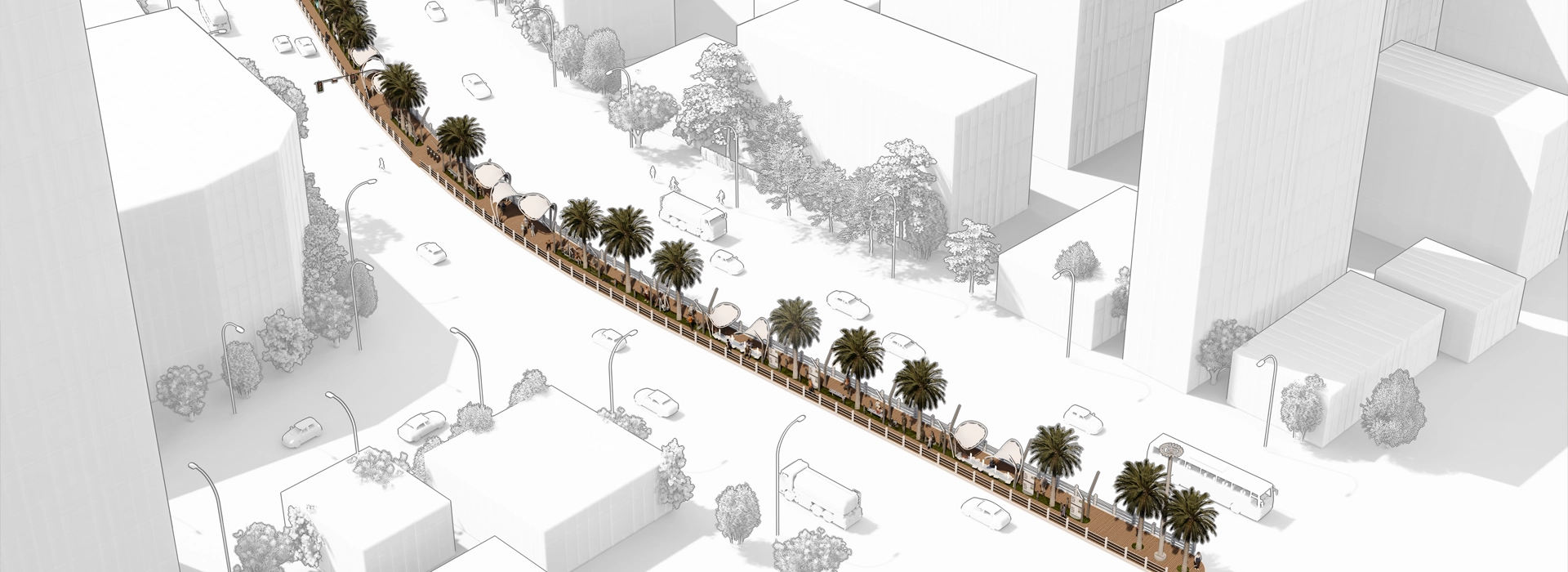


As urban centres like Mumbai and Navi Mumbai continue to evolve, redevelopment projects are becoming more common in older neighbourhoods. These projects often aim to modernize infrastructure, improve living conditions, and boost economic development. However, a key question arises: should local communities have more of a say in the planning of these redevelopment initiatives?
The Importance of Community Involvement
Local communities are the primary stakeholders in redevelopment projects. They live, work, and interact with the spaces that developers aim to transform. Their firsthand knowledge of the area’s needs, challenges, and cultural nuances is invaluable for creating plans that genuinely benefit the people who live there. Involving communities in the planning process helps ensure that redevelopment is aligned with their needs - whether it’s affordable housing, better amenities, or preserving local heritage.
Without community input, redevelopment projects risk becoming detached from the realities of those who will be most affected. This can lead to gentrification, displacement, and a lack of meaningful improvements for local residents.
How to Encourage Community Involvement
Conclusion
Incorporating local communities into the redevelopment process is essential for creating spaces that are not only modern and efficient but also truly beneficial for those who live in them. By fostering transparent communication, providing platforms for feedback, and ensuring community participation, developers and policymakers can create more inclusive and sustainable urban environments. In the future, local communities should have a stronger voice in shaping the redevelopment of their neighbourhoods, ensuring that the outcomes reflect both their needs and aspirations.